Help cover surgery and wedding costs for Gail and Lisette
$2,650 raised
TARGET $85,000
Please support this cause
$
AUD
About
Those of us who know Gail and Lisette know them as the Transgender Lipstick Lesbian Power Couple (TLLPC). They are staunch activists, always supporting those who need a hand and fighting for the underdogs, including (but not limited to) those in the LGBTI+ community, people with disabilities and those who are otherwise persecuted by their own cultural groups. As part of their advocacy efforts for the trans community, they run outreach and education programs for businesses that aim to increase understanding and empathy for trans people and the issues that affect them. They also attend and present at conferences and events in areas that affect transgender women (e.g. Better Together Conference, What Lies Beneath? Beyond #metoo, UniSA Gender Equity lecture, LGBTIQ Women’s Health Conference, AGMC National Conference #livinglovingdiversity). They also run the Kindred Spirits Community Get Together, based in Adelaide (South Australia).
These two amazing people want nothing more than to celebrate their love with their friends and family as a married couple; however, as a trans couple, they face complications that are generally unknown to the wider public:
1) Gail, being from Western Australia, must travel to Perth and face the Gender Reassignment Board consisting of the President of the Board and up to five members: “The Board includes at least one medical practitioner, a person who has undergone a reassignment procedure, and a person with experience in equal opportunity matters”. The Board can determine if she is in fact correct regarding her own gender. This is an archaic, dehumanising process that belittles the person facing the Board, and perpetuates hurtful and outdated perceptions of gender as fixed, binary and strictly sex-based; while branding a person as incapable of determining an inherent part of their identity themselves;
2) As a condition of application, Gail must undergo a gender reassignment procedure interstate to Melbourne (Victoria) for this process to begin. While she is not opposed to the procedure itself, she cannot correct her gender on her records until it is done;
3) Further, as another condition of the Western Australian gender reassignment process, she and Lisette cannot be married until the procedure is completed and, by extension, the Board has determined a successful recognition in Gail’s case;
4) Gender reassignment surgery is made up a collective of individual treatments that varies from patient to patient. Many of the treatments and associated costs for gender reassignment surgery in Australia are not covered by Medicare (the public healthcare scheme in Australia), and therefore must be paid out of Gail’s own pocket and/or covered through private health insurance. This includes surgery fees, specialist visits, blood work, hospital accommodation, anesthesiologist fees, psychological counselling and hormone replacement therapy. Bear in mind that some of these treatments are on-going, lifelong expenses.
As you can imagine, it is a financially, emotionally and physically exhausting process. Gail’s case highlights the political and bureaucratic hoops trans people may be and are asked to jump through so that our political system will formally acknowledge their gender identity. In the past 20 years, we have seen the enormous impact a single legislative change can make to people lives, specifically changes to the definition of ‘marriage’. The changes in 2004 not only affected same-sex cisgender couples, but trans couples as well: marriages were rendered invalid on the basis of sex, and even extended to marriages that were conducted overseas. This changed recently in 2017 following the controversial plebiscite/postal vote which showed that the majority of Australians supported same-sex marriage (in fact, the definition was changed to one entirely sexless: “2 people”). These changes were welcomed warmly by the wider Australian public, and indeed we believe was done for the better. But recent history has shown that policy and legislation can be changed at any time, to the exclusion of other factors that can have a profound effect on people’s lives, like what is written on their birth certificates.
Today, we are seeing improvements in understanding, engagement and acknowledgement of our LGBTI+ family, their struggles and their stories. And it is time for Gail and Lisette to have their stories told too. We think it is time to give them both a hand to see them through this gruelling process, and to take their first steps as a fully-fledged married couple, unburdened by bureaucratic obstacles.
We aim to raise $85,000 for Gail and Lisette to help cover Gail’s gender reassignment surgery, the associated costs and their wedding costs. They work hard and have saved their money to try to cover the necessary costs for this life-changing process; however, they would be grateful for any financial aid they receive. For your consideration, here is a breakdown of necessary expenditures:
• Gender reassignment surgery and associated costs = $30,000
• Accommodation, travel and necessary expenses to, from and while in Melbourne, Victoria: Gail and Lisette need to stay in Melbourne for 3 weeks, and includes the day of surgery, recovery time, and post-surgery treatments. Accommodation is also very specific in this case as Gail will require regular salt baths to aid in the recovery process (as recommended by her doctors) = $6,000
• Travel and accommodation costs to and from Perth, Western Australia: Gail will need to present her case to the Western Australian Gender Reassignment Board = $2,000
• Average Australian wedding costs = $40,000
• Start-up funds for their planned non-government, not-for-profit organisation, TLLPC = $2,000
• Cover for MyCause 5% fees = $5,000
These two amazing people want nothing more than to celebrate their love with their friends and family as a married couple; however, as a trans couple, they face complications that are generally unknown to the wider public:
1) Gail, being from Western Australia, must travel to Perth and face the Gender Reassignment Board consisting of the President of the Board and up to five members: “The Board includes at least one medical practitioner, a person who has undergone a reassignment procedure, and a person with experience in equal opportunity matters”. The Board can determine if she is in fact correct regarding her own gender. This is an archaic, dehumanising process that belittles the person facing the Board, and perpetuates hurtful and outdated perceptions of gender as fixed, binary and strictly sex-based; while branding a person as incapable of determining an inherent part of their identity themselves;
2) As a condition of application, Gail must undergo a gender reassignment procedure interstate to Melbourne (Victoria) for this process to begin. While she is not opposed to the procedure itself, she cannot correct her gender on her records until it is done;
3) Further, as another condition of the Western Australian gender reassignment process, she and Lisette cannot be married until the procedure is completed and, by extension, the Board has determined a successful recognition in Gail’s case;
4) Gender reassignment surgery is made up a collective of individual treatments that varies from patient to patient. Many of the treatments and associated costs for gender reassignment surgery in Australia are not covered by Medicare (the public healthcare scheme in Australia), and therefore must be paid out of Gail’s own pocket and/or covered through private health insurance. This includes surgery fees, specialist visits, blood work, hospital accommodation, anesthesiologist fees, psychological counselling and hormone replacement therapy. Bear in mind that some of these treatments are on-going, lifelong expenses.
As you can imagine, it is a financially, emotionally and physically exhausting process. Gail’s case highlights the political and bureaucratic hoops trans people may be and are asked to jump through so that our political system will formally acknowledge their gender identity. In the past 20 years, we have seen the enormous impact a single legislative change can make to people lives, specifically changes to the definition of ‘marriage’. The changes in 2004 not only affected same-sex cisgender couples, but trans couples as well: marriages were rendered invalid on the basis of sex, and even extended to marriages that were conducted overseas. This changed recently in 2017 following the controversial plebiscite/postal vote which showed that the majority of Australians supported same-sex marriage (in fact, the definition was changed to one entirely sexless: “2 people”). These changes were welcomed warmly by the wider Australian public, and indeed we believe was done for the better. But recent history has shown that policy and legislation can be changed at any time, to the exclusion of other factors that can have a profound effect on people’s lives, like what is written on their birth certificates.
Today, we are seeing improvements in understanding, engagement and acknowledgement of our LGBTI+ family, their struggles and their stories. And it is time for Gail and Lisette to have their stories told too. We think it is time to give them both a hand to see them through this gruelling process, and to take their first steps as a fully-fledged married couple, unburdened by bureaucratic obstacles.
We aim to raise $85,000 for Gail and Lisette to help cover Gail’s gender reassignment surgery, the associated costs and their wedding costs. They work hard and have saved their money to try to cover the necessary costs for this life-changing process; however, they would be grateful for any financial aid they receive. For your consideration, here is a breakdown of necessary expenditures:
• Gender reassignment surgery and associated costs = $30,000
• Accommodation, travel and necessary expenses to, from and while in Melbourne, Victoria: Gail and Lisette need to stay in Melbourne for 3 weeks, and includes the day of surgery, recovery time, and post-surgery treatments. Accommodation is also very specific in this case as Gail will require regular salt baths to aid in the recovery process (as recommended by her doctors) = $6,000
• Travel and accommodation costs to and from Perth, Western Australia: Gail will need to present her case to the Western Australian Gender Reassignment Board = $2,000
• Average Australian wedding costs = $40,000
• Start-up funds for their planned non-government, not-for-profit organisation, TLLPC = $2,000
• Cover for MyCause 5% fees = $5,000
Fundraising For
Gail Ellis
We are raising assistance funds for Gail to undergo gender reassignment surgery and overcome the bureaucratic nightmare it takes to formally change her gender on her official documents. And to finally have a wedding with the lovely Lisette!Funds Banked To
PC Professor
A
Campaign Creator
Antoinette
SINCE Dec 2018
3
Donations
$2,650 raised
TARGET $85,000
Please support this cause
$
AUD
Fundraising For
Gail Ellis
We are raising assistance funds for Gail to undergo gender reassignment surgery and overcome the bureaucratic nightmare it takes to formally change her gender on her official documents. And to finally have a wedding with the lovely Lisette!Funds Banked To
PC Professor
A
Campaign Creator
Antoinette
SINCE Dec 2018
3
Donations
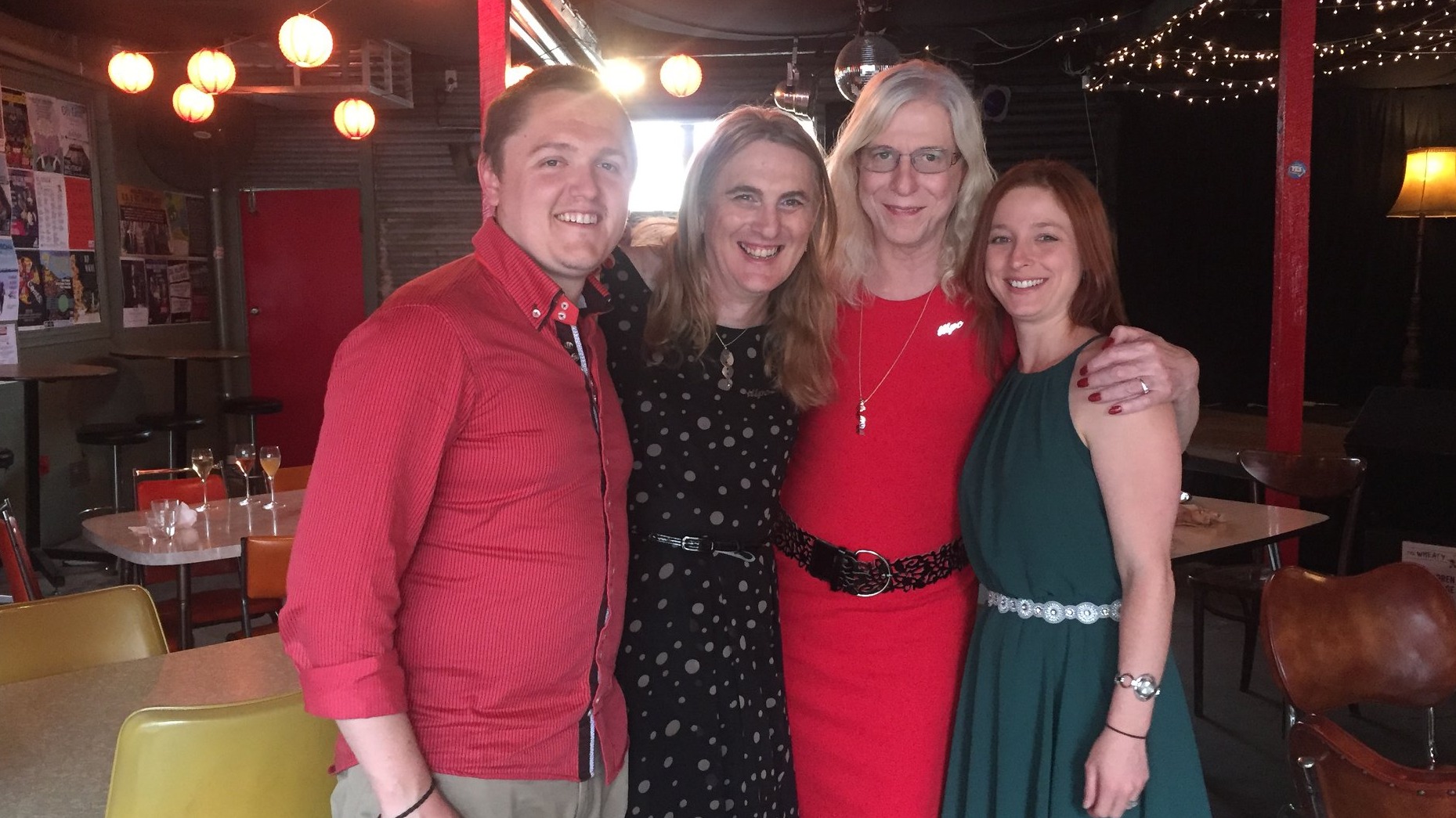
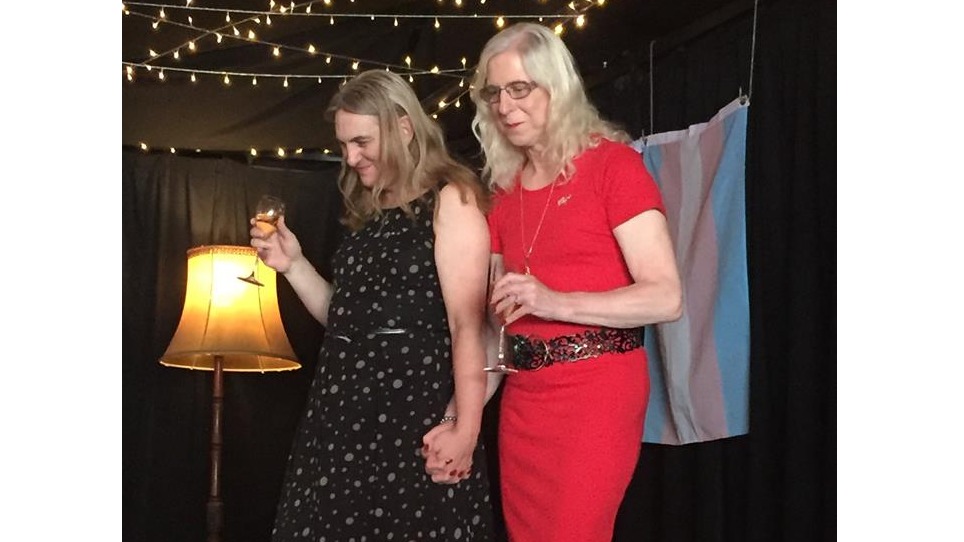
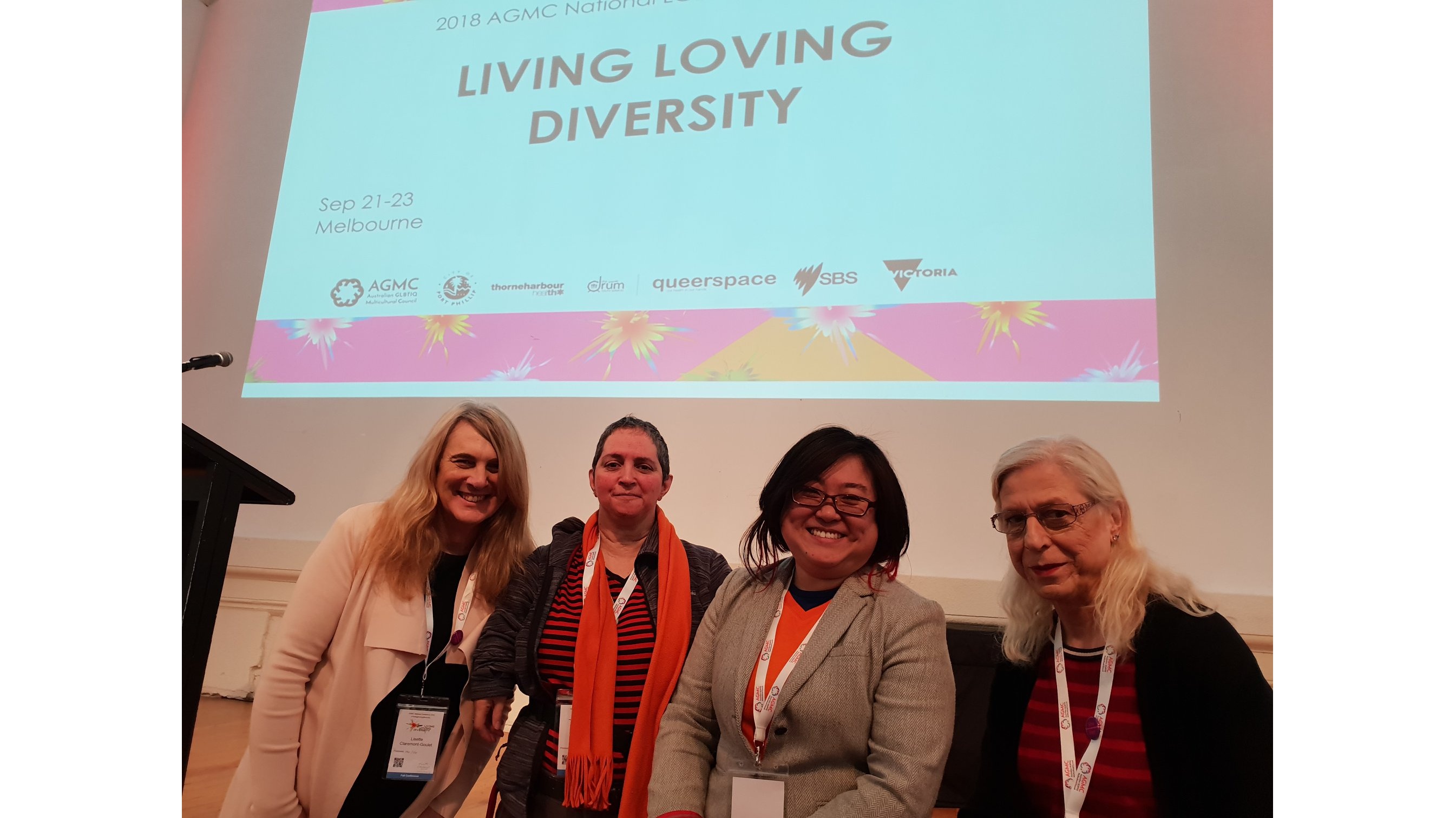
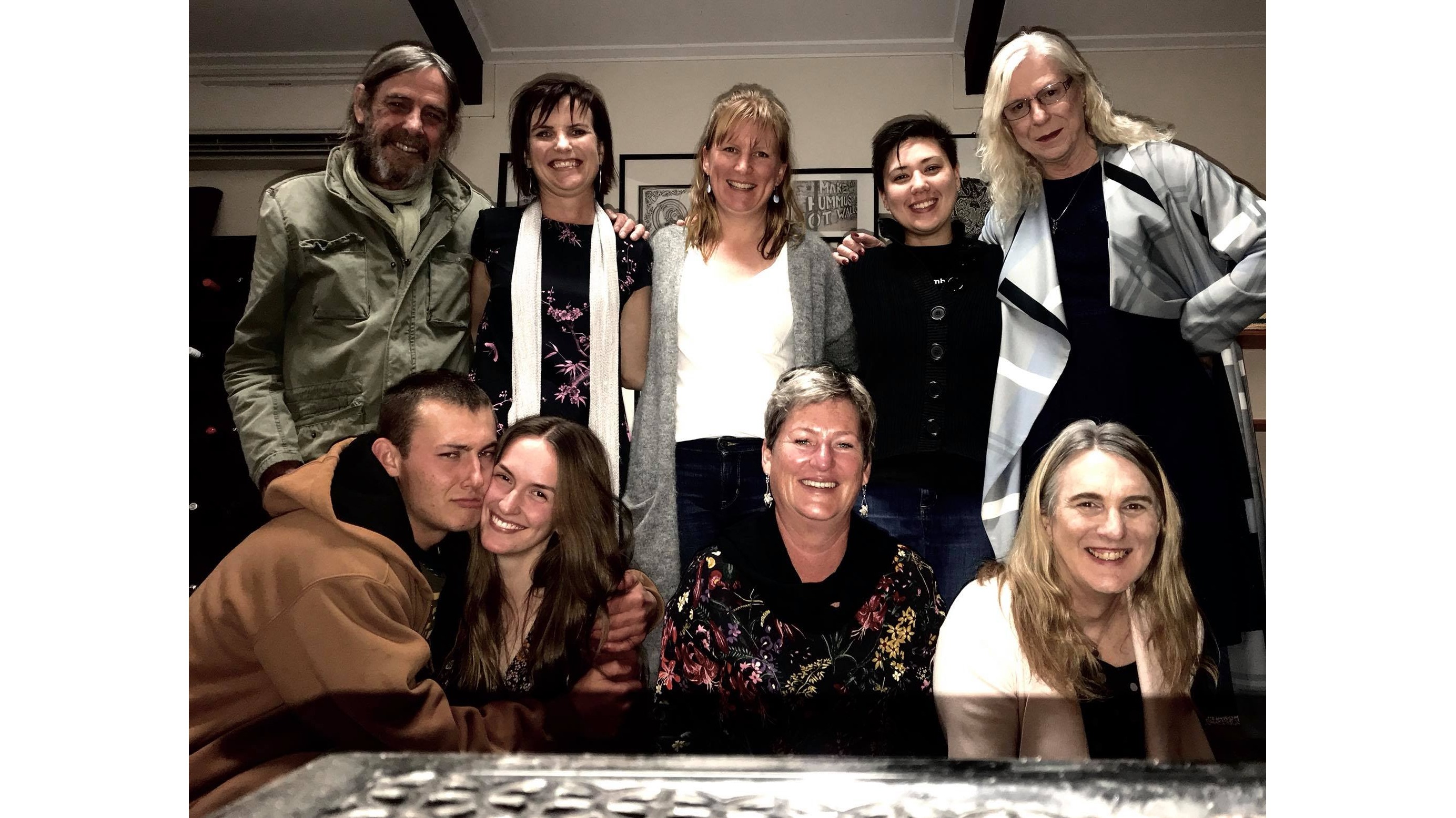
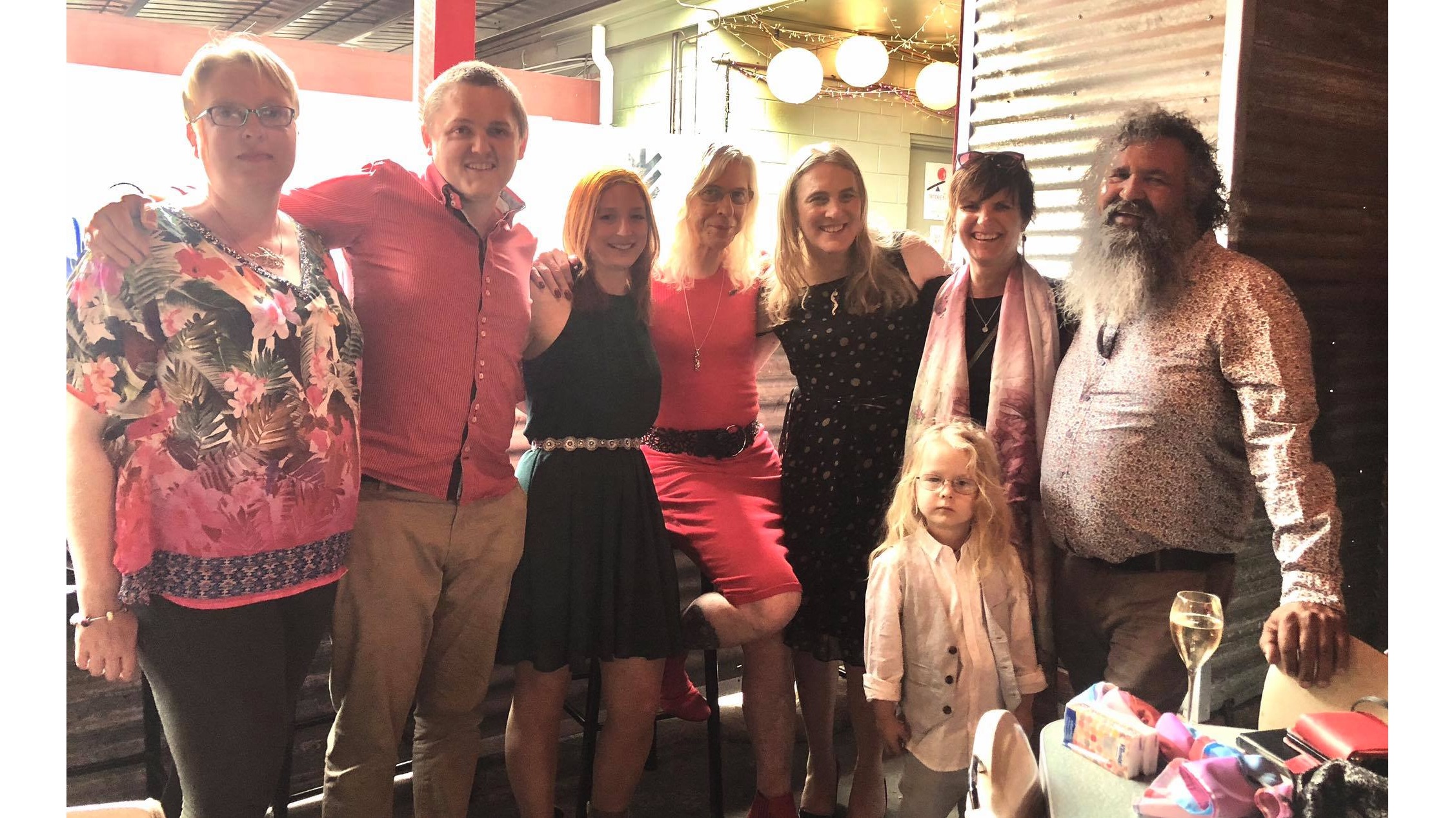
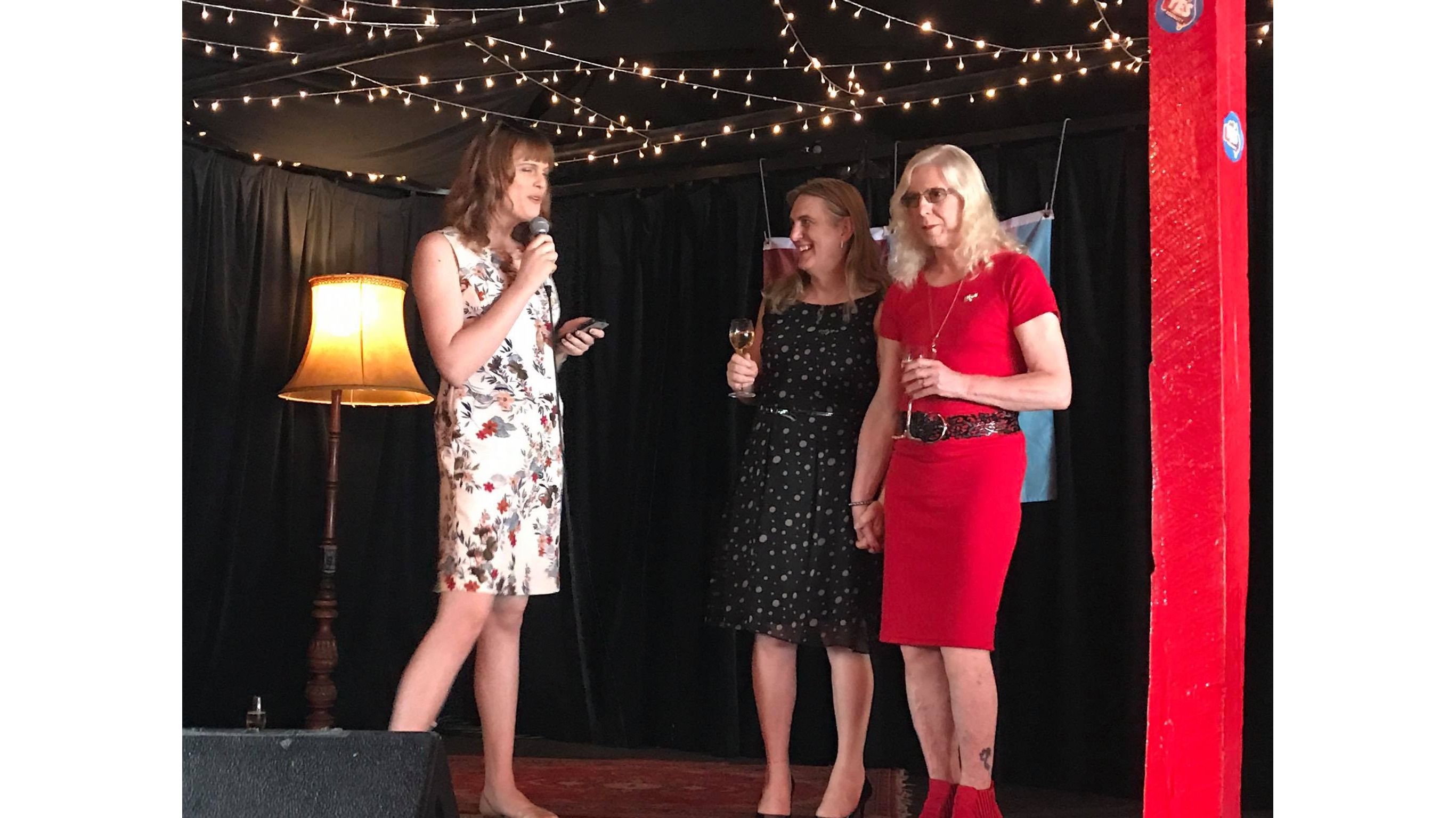
Sorry I can't help more. I wish you both all the best.